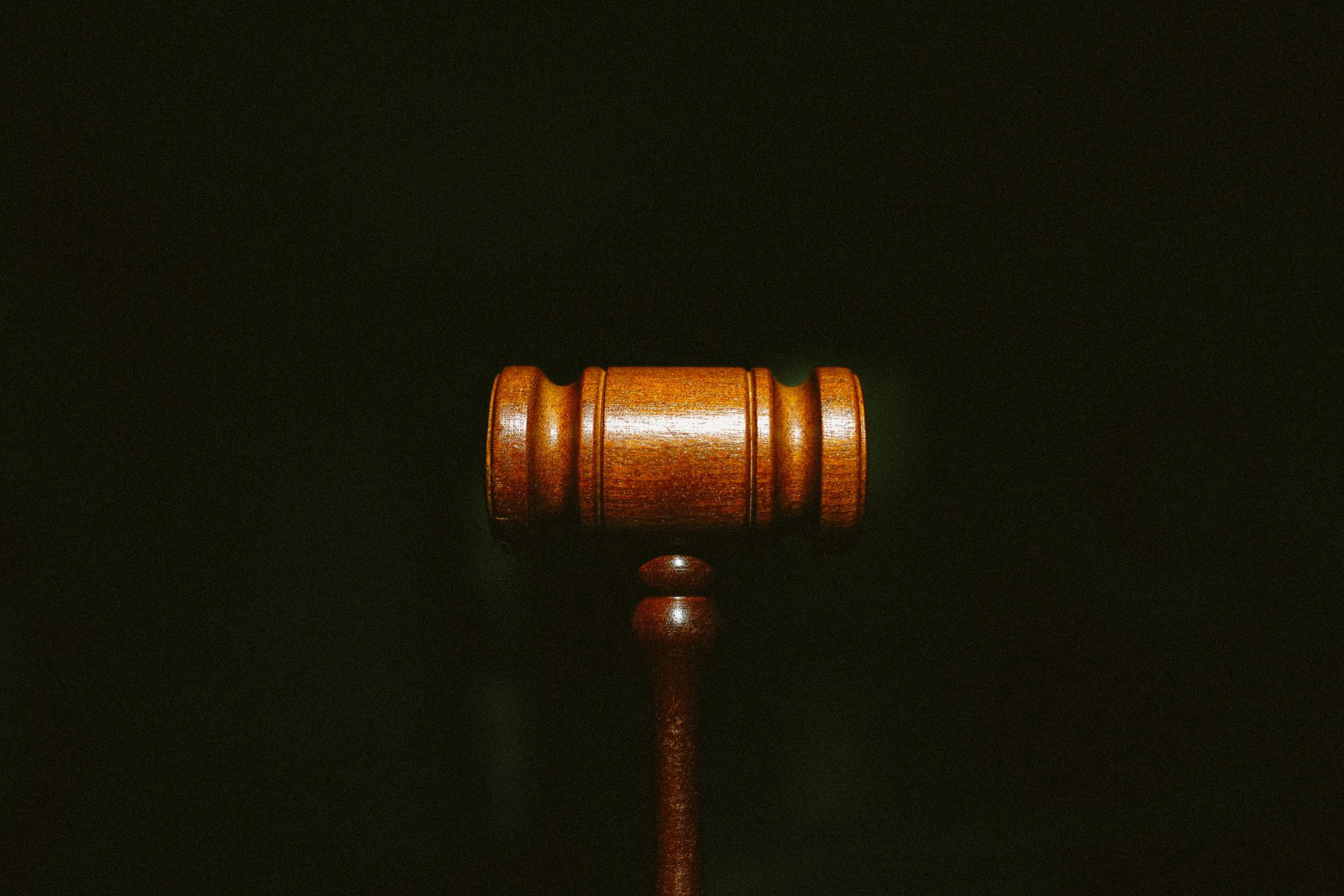
You likely know how much is at stake if you’re getting ready for your parole board hearing. If you are granted parole, you will be released from prison. But if the board denies your parole, you’ll stay behind bars.
Here are some ways on how to prepare for a parole hearing.
During a parole hearing, the goal is to convince the board to let you out of jail. You’ll still be required to follow specific rules for a defined time. If you violate the conditions of your parole, you can end up back in prison to serve out some or all of the remainder of your sentence.
When it comes to parole, several factors are outside your control. However, your behavior during your prison sentence can make a difference during your parole board hearing. Some factors that may determine your eligibility include:
Proving yourself to the parole board begins as soon as you set foot in prison. You must show that you are doing everything you can to make the most of your time in jail to better yourself.
The timing of your parole board hearing will depend on several factors, including the type of offense you committed, whether there’s crowding in prison, or if there are changes in the law. Typically, a case manager will contact you if you are eligible for parole, along with the hearing date. This can happen right after imprisonment or before you hit your minimum sentence prison length.
Before your hearing is held, a parole examiner will prepare a recommendation to the board. This will include a case summary and their evaluation of your suitability for release. It’s based on several factors such as:
At your parole board hearing, you will have the opportunity to tell your story and why you believe you deserve parole. The parole board may ask you several questions regarding your offense, your prior criminal history (if there is one), and your release plan, including your plans on how to secure employment.
You can work with an attorney before your parole board hearing, so they can help you prepare for questions and help gather letters and speakers to support you.
After you are released from jail, you will be reintegrated into society to prevent unnecessary imprisonment. You will have to follow several rules to stay in the community, but you are still technically part of the criminal justice system.
The restrictions of your parole may include:
If you miss a visit with your parole officer or violate the terms of your parole, you could find yourself back behind bars. After a parole violation, it will be more difficult to be granted parole for a second time.
An expert attorney from Maxwell Tillman can help make your parole hearing a success. Contact us today at our 24/7 Inmate Hotline.